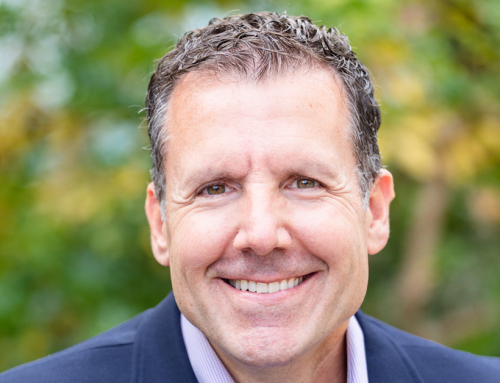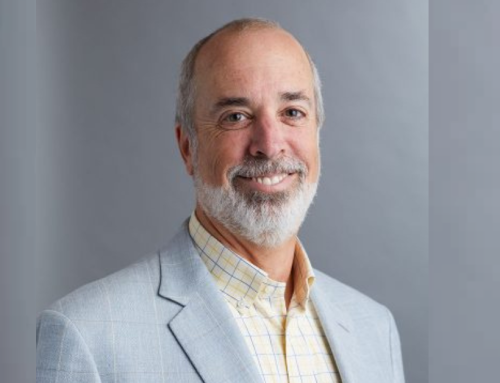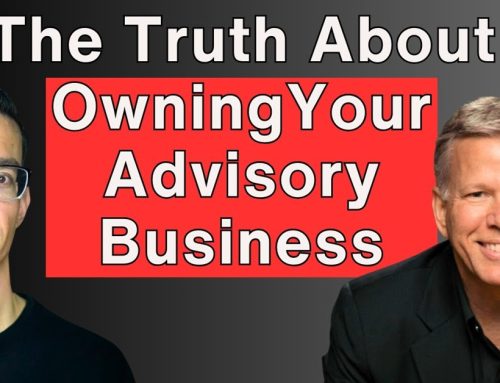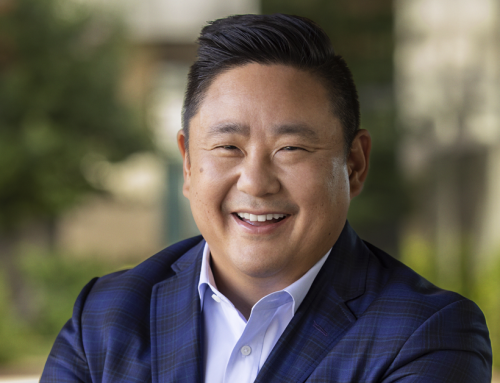Guests: Anne-Laure Le Cunff, PhD, a neuroscientist, a writer, and an entrepreneur who helps people think better, learn faster, and work happier. Anne-Laure is the founder of Ness Labs and the author of a great new book titled Tiny Experiments: How to Live Freely in a Goal-Obsessed World.
In a nutshell: Do you really want what you want?
Or, do you only think you want things that society expects from you?
Keeping up with the Joneses or staring at the green grass on the other side of the fence rarely leads to happiness. Instead, we need to stop copying what other people are doing and start making “tiny experiments” that can lead us to more personal goals and more fulfilling achievements.
On today’s show, Anne-Laure Le Cunff challenges the conventional wisdom around goal-setting and purpose and explains how flexibility and curiosity can lead to better outcomes in your life, in your business, and for your clients.
.Anne-Laure Le Cunff and I discuss:
- How “the arrival fallacy” distorts the importance of “the journey” versus “the destination.”
- Why we should stop assuming that we know what we want and become a “scientist” of our lives.
- Using your calendar to help you identify the most rewarding uses of your time.
- Understanding “mimetic theory” and the “cognitive scripts” that Anne-Laure says can drive our goals and decisions..
- How tiny experiments can help us feel safe while we’re challenging our preconceived boundaries.
- Discovering purpose rather than trying to control it.
. Quotes:
Anne-Laure Le Cunff on “the arrival fallacy”:
“We think that once we get to that destination, we’ll be happy. What most people discover is that once they get there, they’re still the same person. All of their other problems are still here. And they’re not any happier. That’s one of the main reasons to stop focusing so much on the end goal and focus on the process instead. By focusing on the process, whatever the outcome, you’ll still be happy exploring and experimenting while you’re getting there, during the journey. It’s very hard to predict, especially for long-term ambitions, what you will want in the future. And so instead of having a long-term plan that you rigidly stick to, whatever happens, even if your situation changes, even if the world changes, it is better to stay open-minded, and whenever you see, ‘Actually, that plan I had doesn’t seem to be so solid anymore, the parameters have changed,’ That’s okay. Maybe that’s going to be an amazing opportunity for me to learn something new, to try something different. When you do that, you’re not only going to open new doors and to explore more opportunities, but you’re going to have a lot less anxiety in the process because you’re not clinging onto a specific outcome.”
Anne-Laure Le Cunff on flipping the script:
“ It’s very easy to tell people, just go and try something different and explore. But in order to be able to do that, you need to feel like you have a safety net, that you’re not going to risk everything in your life in order for you to experiment. And this is why my book is called ‘Tiny Experiments.’ I don’t tell people, ‘Go and change everything about your life.’ You can completely keep your full time job and then experiment with something as a side project, as a hobby, as something that you want to try without taking a really big risk. So it’s really about asking yourself, ‘Where am I in my life right now, how safe do I feel?’ But also questioning if that level of safety that you feel is actually your actual safety. Because sometimes we feel like the world is more dangerous than it is, that things are more uncertain than they are, or that the risk is bigger than it really is.
“Another factor is simply being aware that this might be a mode of being that you can play with. For a lot of people, what is lacking here is just awareness that there’s another way to write your script for your life. If everybody around you is following the same script, why are you going to try to do something different? Everybody is telling you that this is what success looks like, that those are the rules, and that if you follow these rules, you’ll be happy. If you think about the script as a movie, people get to the end of the movie, they get to retirement, and they feel like, ‘Okay, that was a pretty good movie, but what do I do next?’ All of a sudden, they’re faced with one script that says, ‘You’re retired now, you’re not going to be a productive member of society anymore, you’re going to just wait to die.’ Some of them unfortunately become depressed, others, for the first time in their life, start questioning the script and they ask themselves, ‘Wait a minute, that’s not how I feel. I feel like I still have a lot of energy. I still have a lot of creativity. I still have a lot of curiosity. Is there another script?’ And they start experimenting and exploring. The earlier you discover that you can do things differently, the more fun you’re going to have trying different approaches. But there’s really no age at which you can’t start and retirement is actually quite a common age for people to say, ‘Huh, let’s try a different script.'”
Anne-Laure Le Cunff on how safe money experiments can lead to major life discoveries:
“You can say, ‘I’m going to allocate this amount of money, something that feels safe, it’s okay if it doesn’t go very well,’ to try something new every month. For example, I know people who have enough money, but they still are members of the local dingiest kind of gym, and they somehow don’t spend on going to a better gym with better coaches. It’s those weird habits that we have, where even though we could spend more, we’re not. You could design a little experiment here, where you say, ‘For the next three months, I’m actually going to go to the fancier gym. And I’m going to see how that makes me feel.’ What’s interesting is very often you have second-order consequences that you could not necessarily predict. In this case, you might have more energy that might actually make you better at your job. That might actually make you more money because you’re taking better care of yourself. But you won’t really know that and experience it if you’re not experimenting.”
Resources Related to This Episode
- Anne-Laure.Net
- Anne-Laure Le Cunff on LinkedIn
- Anne-Laure Le Cunff on X
- Anne-Laure Le Cunff on YouTube
- Sign up for Anne-Laure Le Cunff’s newsletter
- Wanting: The Power of Mimetic Desire in Everyday Life by Luke Burgis Anne-Laure and I are both fans of Burgis’ work on ”the unwritten, unacknowledged system behind visible goals.”





